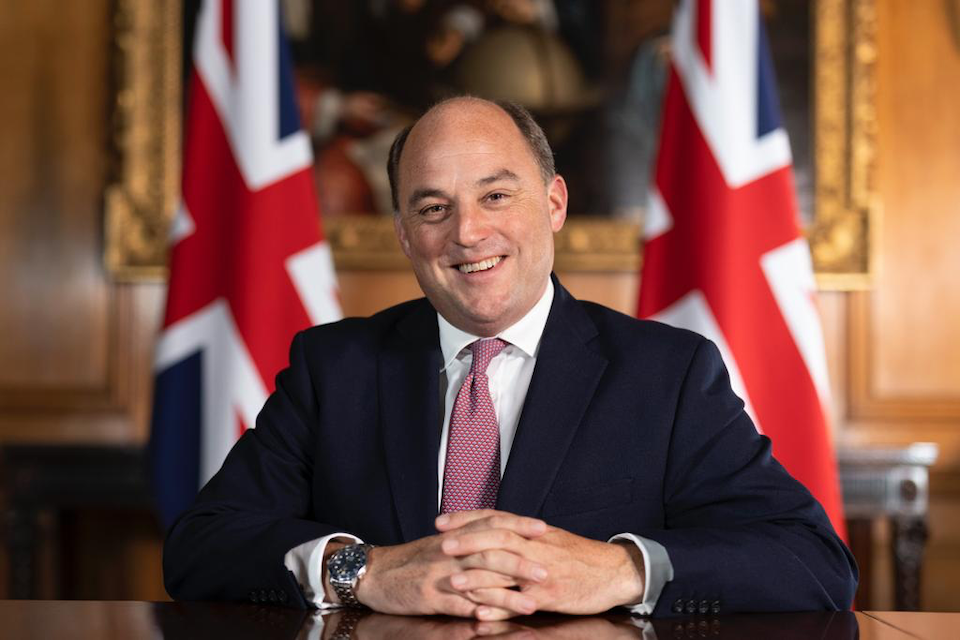Defence Secretary Strategic Command RUSI conference speech
Defence Secretary Ben Wallace’s speech at the RUSI Strategic Command Conference: Sharpening the UK Defence’s edge in the 2020’s.

It’s all about integration today I noticed in the themes, and there’s always a tendency to treat integration as the Holy Grail. And there are indeed champions of it who pursue integration for integration’s sake with a sort of purity that leads us into being exclusive rather than inclusive. And to do so would ignore the threat that we see today and the strengths that we in the West hold.
Let’s start with what strengths we have – and what Russia doesn’t have for example, and others – we have alliances. So integration must in my view be first and foremost about policy integration, campaigning integration, the culture of burden-share and playing to our strengths. An integrated response is what is demanded by today’s threat. Multi-domain, broad action, inter-government, international relationships – sub-threshold and above threshold.
And next it must also mean interoperability – but not to the extent that we become over-dependent on one ally or another. And there are I’m afraid too many examples of that. The future of foreign policy and defence is in my opinion going to be bilateral, trilateral and small groups of countries with common cause. Of course, with one major exception – that being the tried and tested alliance of NATO.
So we have to be more generic, less exquisite. And lastly, and only lastly when it comes to integration, we need to find a way for our own forces to be more technically integrated, so we can dominate the kill chain, ISR process and exploitation of explosive actions on the battlefield, while at the same time allowing a range of partners to operate alongside. Easier said than done. But they must not do so at the expense of being deaf to those allies and their capabilities.
The challenge of achieving all three levels of this type of integration, with cybersecurity demands and multiple alliances, is not going to be an easy one. In fact, it will be harder if policy leads, equipment programmers and military leaders don’t speak to each other, which is why at the Command Paper’s heart is the threat. The start point is we coalesce around a common threat picture. We will begin to drive integration much better. It will become our demand signal that shapes our generators and partnerships.
While much of the media’s focus on our paper was on the usual tired numbers game, many failed to notice the significant uplift in focus on defence diplomacy. Which is why Strategic Command is so important, and what it does in the next few years is set us up to deliver Global Britain. Better integration, a leader of culture and a leader of fast decision-making. What I expect to see from Strat Comm is also a step change in joint force development across Defence, both in the leaders and the culture, in its dynamic decision-making process and its response to the demand and the threat, and indeed influencing the equipment programme to make sure we have a better portfolio management of our requirements.
So I look forward to hearing Sir Patrick speak on how he’s going to set about that. I look forward to seeing over the next few months how the Command Paper will be implemented by Strat Comm. Because Strategic Command has a really key, important place in this process. I visited it only the other week, no it was last week, the week before, time moves fairly fast these days. But what’s key in that was everyone in that building worked on the process of an integrated purple joint interest in defence. They worked together no matter what service they had come from. And I am afraid we still see in some of our other services, the single service view of the world. Well in today’s threat, global competition we can’t afford to have that anymore. We have to burden-share. We have to work with our partners. We have to find a way to weave in that integration. And it starts with the mindset of the policy leaders rather than technology.